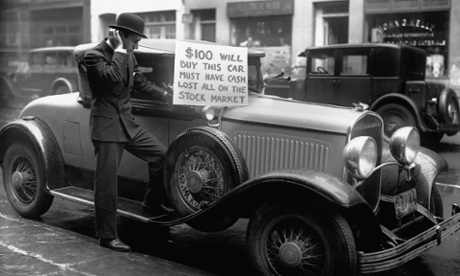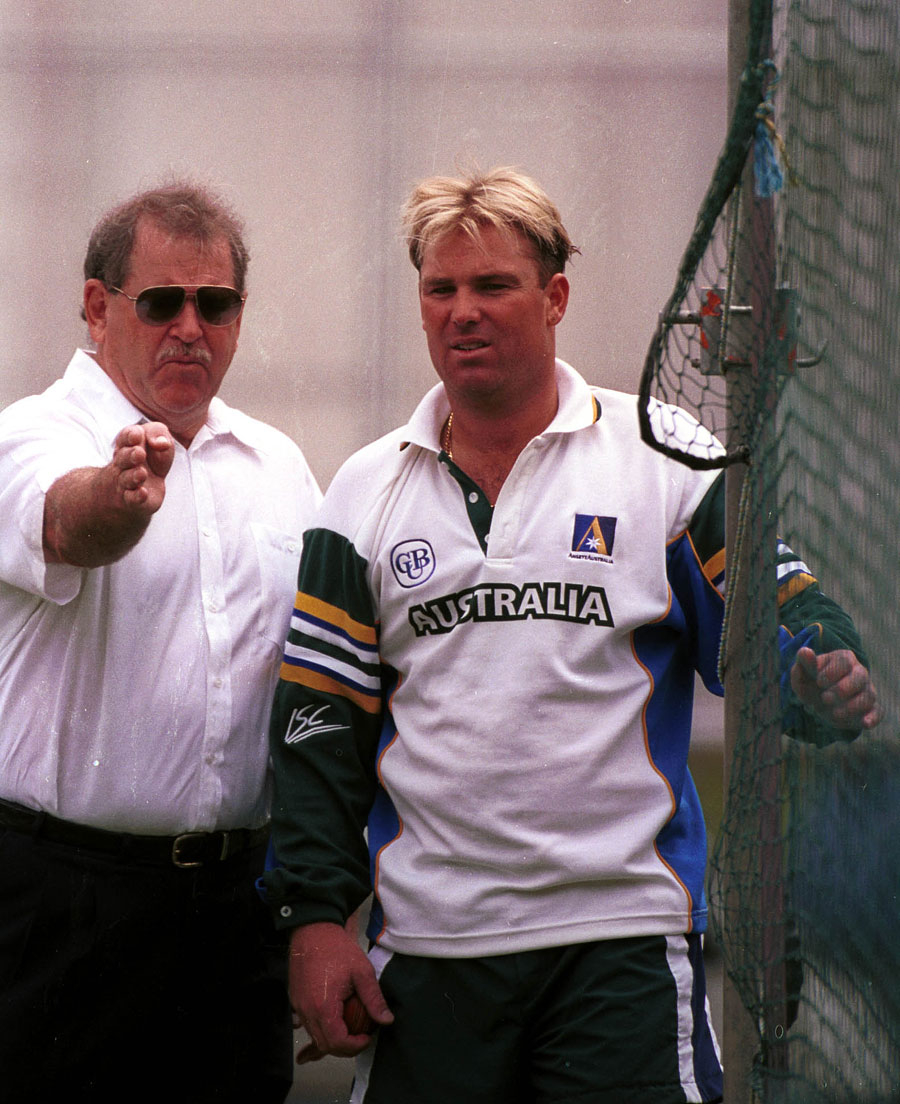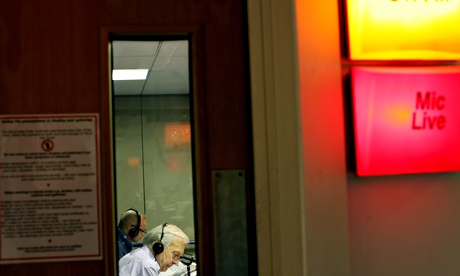Ever finished a book? I mean, truly finished one? Cover to cover. Closed the spine with that slow awakening that comes with reentering consciousness?
You take a breath, deep from the bottom of your lungs and sit there. Book in both hands, your head staring down at the cover, back page or wall in front of you.
You’re grateful, thoughtful, pensive. You feel like a piece of you was just gained and lost. You’ve just experienced something deep, something intimate. (Maybe, erotic?) You just had an intense and somewhat transient metamorphosis.
Like falling in love with a stranger you will never see again, you ache with the yearning and sadness of an ended affair, but at the same time, feel satisfied. Full from the experience, the connection, the richness that comes after digesting another soul. You feel fed, if only for a little while.
This type of reading, according to TIME magazine’s Annie Murphy Paul, is called “deep reading,” a practice that is soon to be extinct now that people are skimming more and reading less.
Readers, like voicemail leavers and card writers, are now a dying breed, their numbers decreasing with every GIF list and online tabloid.
The worst part about this looming extinction is that readers are proven to be nicer and smarter than the average human, and maybe the only people worth falling in love with on this shallow hell on earth.
According to both 2006 and 2009 studies published by Raymond Mar, a psychologist at York University in Canada, and Keith Oatley, a professor of cognitive psychology at the University of Toronto, those who read fiction are capable of the most empathy and “theory of mind,” which is the ability to hold opinions, beliefs and interests apart from their own.
They can entertain other ideas, without rejecting them and still retain their own. While this is supposed to be an innate trait in all humans, it requires varying levels of social experiences to bring into fruition and probably the reason your last partner was such a narcissist.
Did you ever see your ex with a book? Did you ever talk about books? If you didn’t, maybe you should think about changing your type.
It’s no surprise that readers are better people. Having experienced someone else’s life through abstract eyes, they’ve learned what it’s like to leave their bodies and see the world through other frames of reference.
They have access to hundreds of souls, and the collected wisdom of all them. They have seen things you’ll never understand and have experienced deaths of people you’ll never know.
They’ve learned what it’s like to be a woman, and a man. They know what it’s like to watch someone suffer. They are wise beyond their years.
Another 2010 study by Mar reinforces this idea with results that prove the more stories children have read to them, the keener their “theory of mind.” So while everyone thinks their kids are the best, the ones who read have the edge as they truly are the wiser, more adaptable and understanding children.
Because reading is something that molds you and adds to your character. Each triumph, lesson and pivotal moment of the protagonist becomes your own.
Every ache, pain and harsh truth becomes yours to bear. You’ve traveled with authors and experienced the pain, sorrow and anguish they suffered while writing through it. You’ve lived a thousand lives and come back to learn from each of them.
If you’re still looking for someone to complete you, to fill the void of your singly-healed heart, look for the breed that’s dying out. You will find them in coffee shops, parks and subways.
You will see them with backpacks, shoulder bags and suitcases. They will be inquisitive and soulful, and you will know by the first few minutes of talking to them.
They Won’t Talk To You… They’ll Speak To You
They will write you letters and texts in verse. They are verbose, but not in the obnoxious way. They do not merely answer questions and give statements, but counter with deep thoughts and profound theories. They will enrapture you with their knowledge of words and ideas.
According to the study, “What Reading Does For The Mind” by Anne E. Cunningham of the University of California, Berkeley, reading provides a vocabulary lesson that children could never attain by schooling.
According to Cunningham, “the bulk of vocabulary growth during a child’s lifetime occurs indirectly through language exposure rather than through direct teaching.”
Do yourself a favor and date someone who really knows how to use their tongue.
They Don’t Just Get You… They Understand You
You should only fall in love with someone who can see your soul. It should be someone who has reached inside you and holds those innermost parts of you no one could find before. It should be someone who doesn’t just know you, but wholly and completely understands you.
According to Psychologist David Comer Kidd, at the New School for Social Research, “What great writers do is to turn you into the writer. In literary fiction, the incompleteness of the characters turns your mind to trying to understand the minds of others.”
This is proved over and over again, the more people take to reading. Their ability to connect with characters they haven’t met makes their understanding of the people around them much easier.
They have the capacity for empathy. They may not always agree with you, but they will try to see things from your point of view.
They’re Not Just Smart… They’re Wise
Being overly smart is obnoxious, being wise is a turn on. There’s something irresistible about someone you can learn from. The need for banter and witty conversation is more imperative than you may believe, and falling in love with a reader will enhance not just the conversation, but the level of it.
According to Cunningham, readers are more intelligent, due to their increased vocabulary and memory skills, along with their ability to spot patterns. They have higher cognitive functions than the average non-reader and can communicate more thoroughly and effectively.
Finding someone who reads is like dating a thousand souls. It’s gaining the experience they’ve gained from everything they’ve ever read and the wisdom that comes with those experiences. It’s like dating a professor, a romantic and an explorer.
If you date someone who reads, then you, too, will live a thousand different lives.




